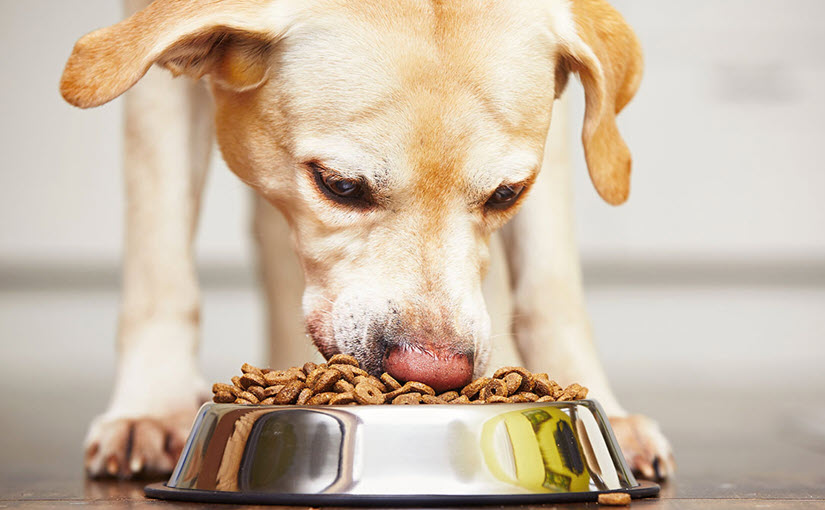Is your dog’s stool too loose or inconsistent? A healthy digestive system is key to your pup’s overall well-being. In this guide, we’ll explore practical and vet-approved ways to help firm up your dog’s poop, ensuring they stay happy and healthy.
Let me be honest—dealing with Luna’s soft poop issues was not the most glamorous part of being her mom. There were days when I questioned everything I was feeding her and felt guilty about whether I was doing enough. But after a lot of trial, error, and a dash of persistence, I finally found some solutions that really worked. If you’re dealing with this messy (literally!) situation, here’s what I’ve learned.
1. Diet Tweaks Made All the Difference
This was the first thing I looked into, and wow, it was a wake-up call. Here’s what worked for Luna:
- Balance is everything. I made sure her meals had just the right amount of protein, fat, and nutrients—not too rich, not too bland.
- Say no to junk. I ditched anything with mystery ingredients, fillers, or preservatives.
- Slow and steady. Any diet changes were gradual—trust me, rushing it will make things worse.
2. Fiber: The Unsung Hero
When I started adding fiber to Luna’s diet, things began to improve almost immediately.
- Natural sources: Brown rice, carrots, and broccoli became her mealtime BFFs.
- A little boost: Psyllium husk (yep, the stuff humans use) worked like magic when added sparingly.

3. Water, But With a Strategy
Water isn’t just for hydration—it plays a big role in digestion too. Here’s what I learned:
- Always available: Fresh, clean water at all times is non-negotiable.
- Watch the timing: Cutting back water a couple of hours before bed helped reduce early morning poop drama.
4. Movement Equals Better Digestion
Keeping Luna active helped her digestion in ways I didn’t expect.
- Walks are everything. A brisk 30-minute walk every day kept her system regular.
- Playtime fun: Even some tug-of-war or chasing a ball seemed to help her tummy.
5. Keep Tabs on Health (and Poop!)
This one’s not glamorous, but it’s necessary.
- Poop inspections: Yep, I became that person checking for consistency, color, and even smell.
- Regular vet visits: A quick check-up now and then saved us from bigger issues later.
6. Probiotics Are a Game-Changer
I can’t rave enough about this. Adding a probiotic to Luna’s meals helped her gut settle down.
- Dog-friendly probiotics: Not all probiotics are created equal, so I made sure to choose one tailored for dogs.
- Prebiotics: These worked together with the probiotics like a dream team.
7. Eliminate the Triggers
Through trial and error, I figured out what not to do.
- Food intolerances: For Luna, beef and dairy were big no-nos.
- Stress management: She’s sensitive to changes, so I kept her schedule predictable.
- Digestive disorders: Working closely with her vet ruled out anything serious.
The Bottom Line
Fixing Luna’s poop problems wasn’t glamorous, but it was so worth it. These small changes turned things around for her, and honestly, it made both of our lives so much better. If you’re in the same boat, don’t lose hope—start with these tips, and make sure to lean on your vet when needed.
And remember: this is about more than poop—it’s about helping your furry friend feel their best. Luna’s wagging tail at the end of a walk is all the proof I need that we’re on the right track. You’ve got this!